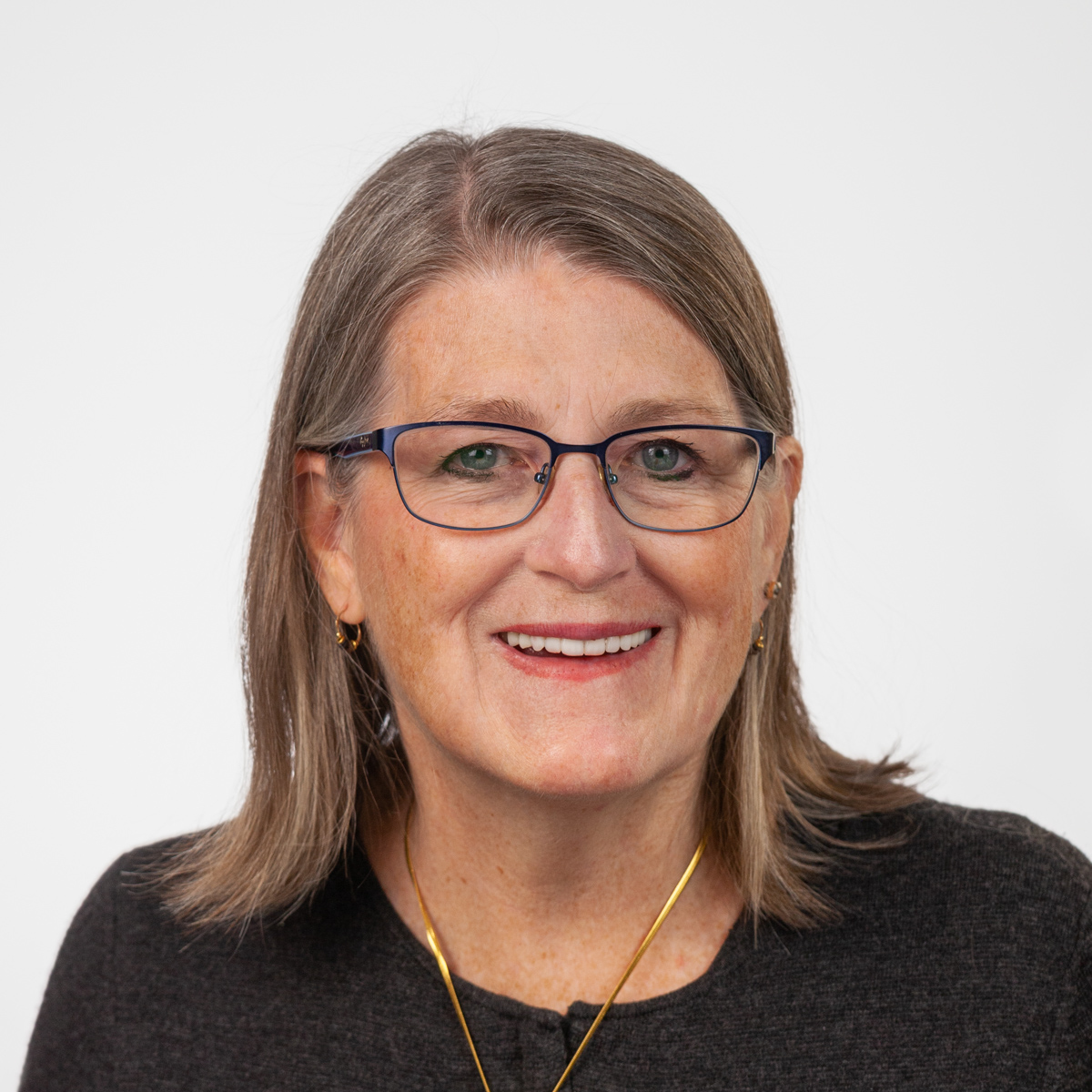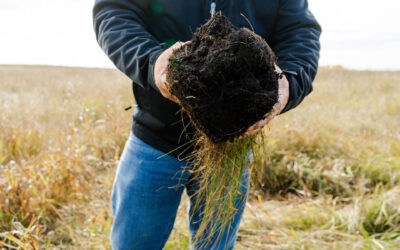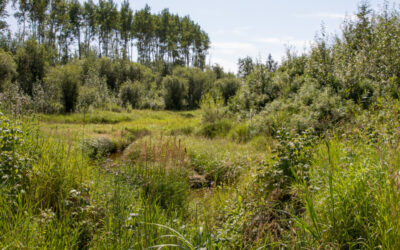An interview with Aldyen Donnelly as part of a series unraveling how investment in nature-based solutions delivers positive environmental, social and economic impacts, creating a better future for everyone.

Aldyen Donnelly
Recognizing that farmers and ranchers are key to Canada’s success in achieving its carbon goals using nature-based solutions, strategies that reward landowners and offer corporations meaningful carbon reductions are a foremost market tool to achieve climate change mitigation and resilience.
“It’s essential that real, hard-working farmers and ranchers are engaged in the construction of solutions,” says Aldyen Donnelly, Head of Carbon Markets, ALUS and New Acre Project. “By establishing new markets, farmers and ranchers get rewarded for their efforts as land stewards in such a way that they are called upon as solution providers, to apply their knowledge, energy, skills and creativity to harness the potential of their lands.”
Given Canada’s vast landscape and the central role agriculture plays in land use and the economy, farmers and ranchers have a significant role to play in the country’s future. Consequently, it’s important to reward their adoption of land management that removes carbon from the atmosphere and stores it deep in soils and biomass. A powerful regulator of climate change, the agriculture sector is the only sectoral source of emissions that has the potential to transition into a carbon sink.
Market measures
Withgrowing market interest in emissions reduction strategies, there is an increasing need for carbon crediting to show and measure real emissions.
“Carbon crediting and quantification is getting easier and better, and this presents an opportunity to generate new revenues. It’s an essential thing for businesses to start doing, because it will be a source of unmanageable costs that could threaten a business’ survival,” says Alyden.
The New Acre Tonne, which Aldyen is working to create, represents drawing one tonne of carbon out of the atmosphere. That tonne of carbon is then held in a terrestrial reservoir on behalf of the buyer for a minimum of 10 years of retention.
Companies interested in corporate ESG performance or addressing carbon emissions in their value chain will find investment in the voluntary marketplace created by New Acre Project an opportunity to define the future of sustainability. Through purchase of the New Acre Tonne, corporations pursuing sustainability outcomes will be ahead of regulations and can create a collaborative marketplace with agricultural producers that delivers outcomes that benefit the environment and their mutual bottom lines.
New Acre Project is a voluntary marketplace for companies that are motivated to reduce their carbon emissions for ESG performance. Voluntary markets are less constrained than regulated markets and can help provide a testing ground for new technologies and methodologies with more flexible financing. These aspects of the New Acre Tonne are being designed with both the farmers’ needs and buyers needs in mind.
Under this new model, Canadian farmers and ranchers are able to sell carbon credits to corporations through New Acre Project through a 10-year agreement. This will be fundamental to growing a market for climate solutions.
“If we can get the scale up, then putting those kinds of contracts out there will, ultimately, drive finance efficiently into the investment and drive farmers and ranchers to sequester more.”
Creating change, generating value
This an approach that Aldyen began formulating in the 1990s when she helped assemble an emission reduction credit (ERC) buyers’ group. From there, Aldyen led the development and execution of the world’s first major forward ERC purchase agreement with 7 of Canada’s largest greenhouse gas emitters to finance carbon sequestration in agricultural soils, as well as the first ERC sales-financed carbon capture and storage project.
Through ALUS, Aldyen aims to bring this approach to individual farmers and ranchers, connecting them to new market opportunities that will further reward landowners and offer businesses accountable carbon credits over the long-term and in a sustainable way. For Aldyen, farmer buy-in is essential to the success of this corner of carbon markets.
“ALUS is, as far as I know, the only organization worldwide that is truly farmer- and rancher-oriented. It has the capacity to ensure economic rents make it to the landholders who are the ones who have to do the work. The ALUS team brings expertise and the commitment of farmers and ranchers on the ground to deliver real impact for businesses,” she says.
Farmers and ranchers are central to constructing a large-scale network of nature-based solutions, and ALUS helps get them there. New Acre Project leverages that work to bring farmer-generated carbon capture and store to market. This drives a multitude of benefits for farmers and ranchers, rural communities and the natural environment, while adding vital economic tools to the fight against climate change and biodiversity loss.
For over 10 years, Canadian farmers and ranchers have been working with ALUS and New Acre Project on reducing greenhouse gas emissions and supporting biodiversity through nature-based solutions on marginal and uneconomic farmland. This work is being built on and expanded to reach more landowners and to build a healthier, more resilient future for all.
See Our Results

SDGs

Biodiversity




